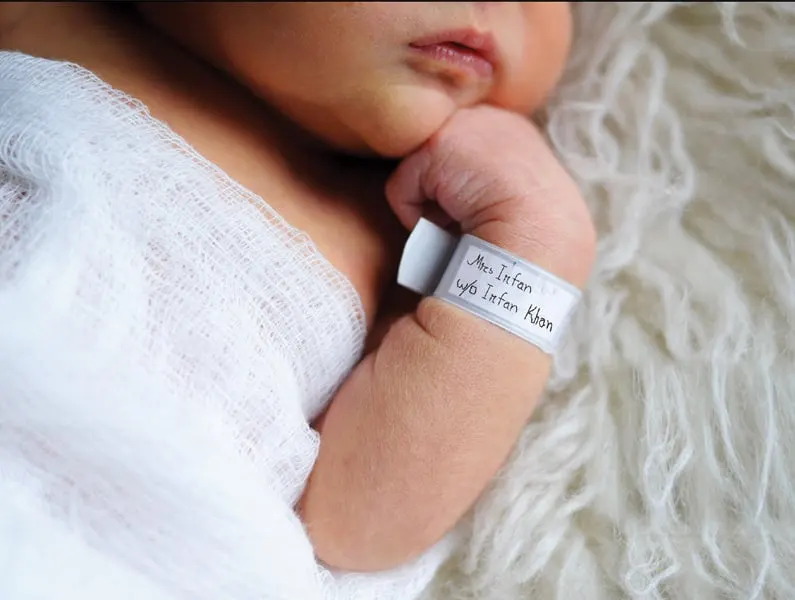Marriage between first cousins doubles the risk of children being born with birth defects, according to a study seeking answers to the higher than expected rates of deaths and congenital abnormalities in the babies of the Pakistani community.
Researchers have concluded that the cultural practice of marriage between first cousins is a bigger factor than any other – outweighing the effects of deprivation in parts of Bradford, where the study was carried out. Marriage to a blood relative accounted for nearly a third (31%) of all birth defects in babies of Pakistani origin.
The risk of having a baby with birth defects – usually heart or nervous system problems which can sometimes be fatal – is still small, but it rises from 3% in the general Pakistani population to 6% among those married to blood relatives. The researchers also found a doubling of the risk in the babies of white British women who were over the age of 34. That increased risk, rising from 2% to 4%, is already known. Every year there are about 90 more baby deaths than would be expected in the Pakistani community in England and Wales because of birth defects. But the issue is highly sensitive because marriage within families is an established cultural tradition.
Previous studies have caused controversy but the lead author of the paper, Dr Eamonn Sheridan from Leeds University, said there has been strong community involvement in the Born in Bradford study, which has been following the health of 13,500 babies delivered in the Bradford Royal Infirmary between 2007 and 2011. “The issue is incredibly sensitive,” said Sheridan. “There has been a terrific amount of community engagement in the Born in Bradford study from the word go. The community has not been surprised by the findings.”
Local health professionals received training in raising the issues with people in the Pakistani community, so that it became an acceptable topic for discussion. The Muslim clerical community was also involved.










